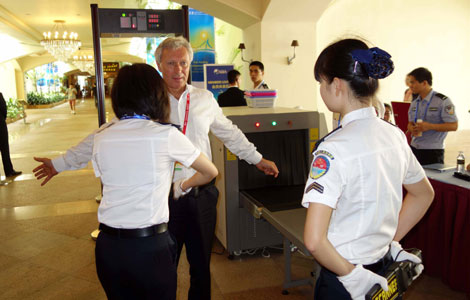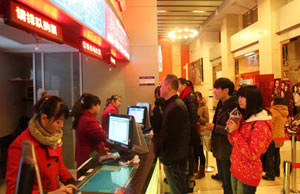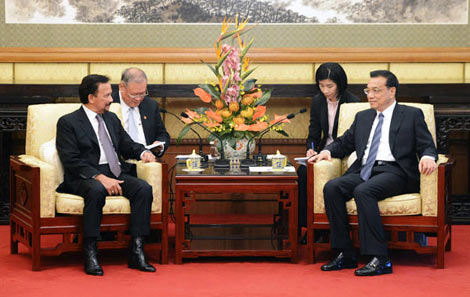
As for social security and retirement protection, Leung said these are "two recurrent themes that often appear prominently in our discussion of the poverty issue." Taking that into consideration, he emphasized the government will reinforce and enhance the existing three pillars, namely, private savings and family support, the social security system, and the Mandatory Provident Fund (MPF) System.
To cope with the city's aging challenge, Leung said the government is committed to strengthen community care services, provide a convenient living environment for the elderly, and offer elderly people more diversified choices through a wide range of new and flexible modes of subvention and service delivery.
Moreover, Leung mentioned the government is to adopt a multi-pronged approach to meet the current and future needs of welfare services, as well as to strengthen support for workers at the grassroots level, including providing the relief for their work-related traveling expenses.
"The Government has invested heavily in education and training. But my conviction is that only through employment can those groups with special needs, including persons with disabilities and ethnic minorities, be truly integrated into the community," said Leung.
He also urged all employers to give these people more employment opportunities and the government will work with the private sector and NGOs to add jobs.
The policy address is an annual address by the Chief Executive of the Hong Kong Special Administrative Region.
Leung was elected the third chief executive of the HKSAR in March 2012 and came into office in July the same year. A full term is five years.
Related Readings
Hong Kong now mainland's 4th-largest trade partner
Rule OKs loans from Hong Kong to Qianhai
Mainland firms cash in on Hong Kong IPOs
Christmas Wedding Expo closes in Hong Kong
HK to enhance economic ties with mainland
 'Cat model' to dazzle Shanghai auto show 2013
'Cat model' to dazzle Shanghai auto show 2013
 Models at Tokyo modified car show
Models at Tokyo modified car show
 Shanghai Fashion Week focuses on domestic brands
Shanghai Fashion Week focuses on domestic brands
 Angel-dress models at Shandong auto show
Angel-dress models at Shandong auto show
 Safe and Sound
Safe and Sound
 Theater firms scramble for managers
Theater firms scramble for managers
 Premier pledges closer ties with Brunei
Premier pledges closer ties with Brunei
 Volkswagen's all-new GTI at New York auto show
Volkswagen's all-new GTI at New York auto show